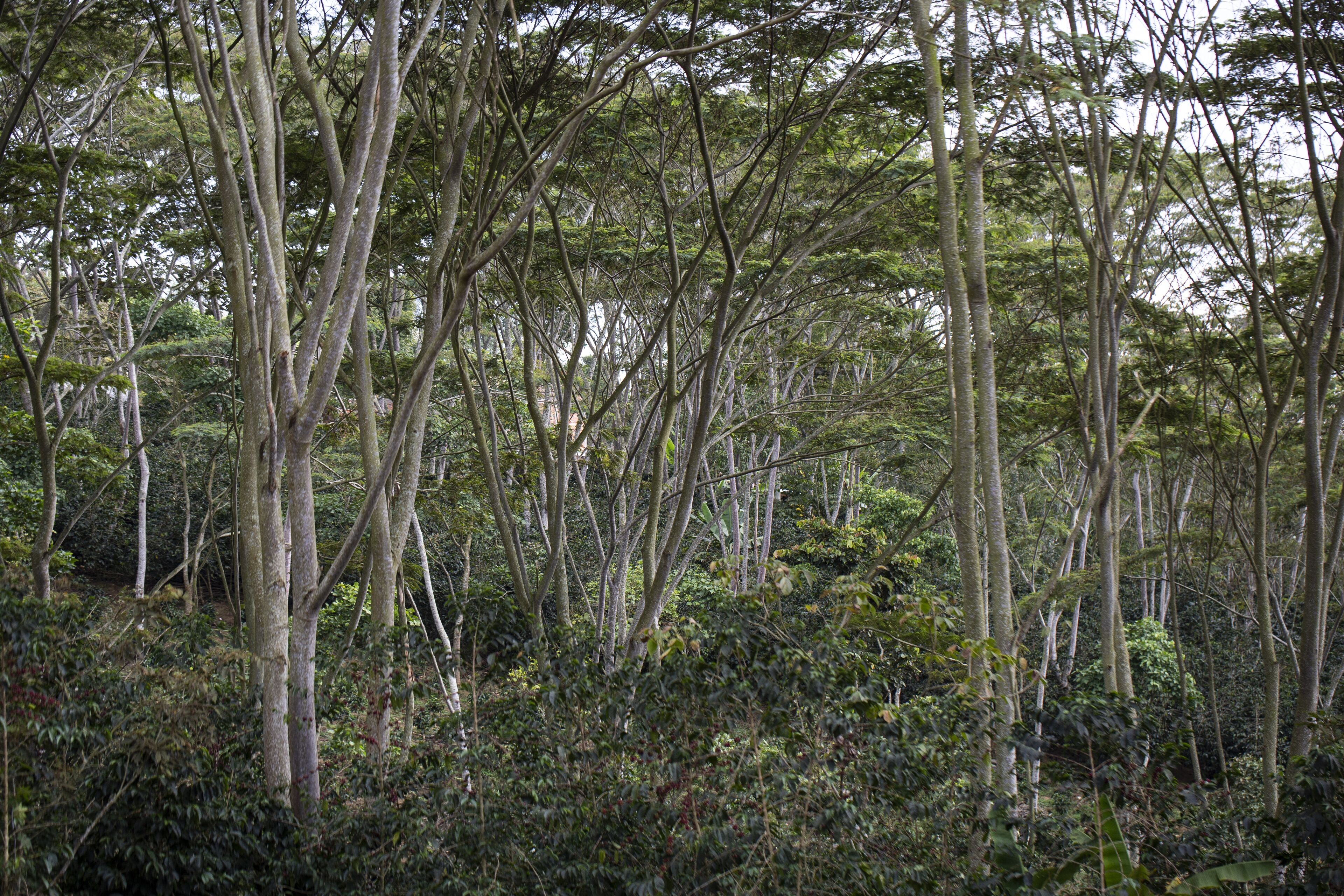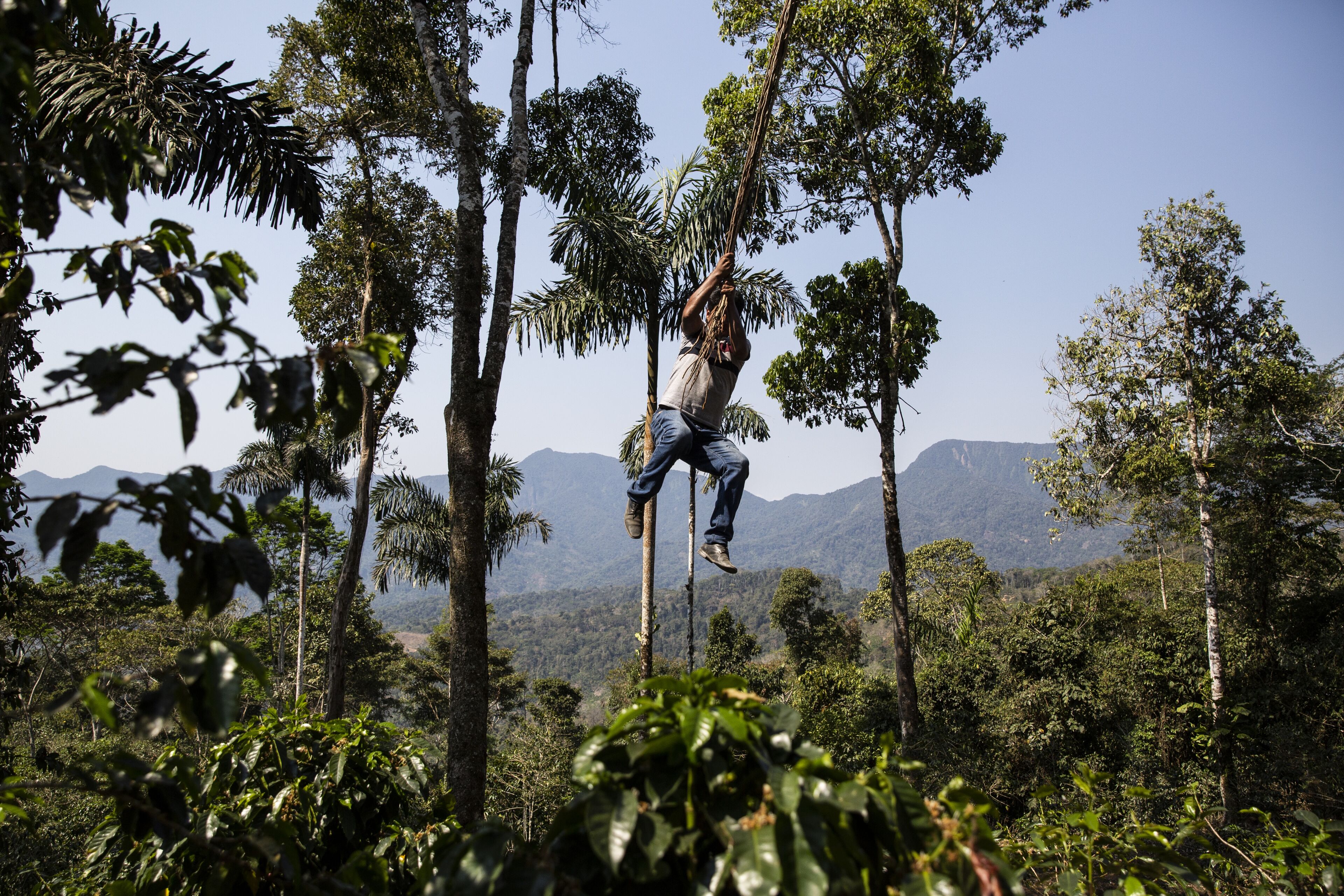
Bolivia
Identity record
Capital city
Sucre Coffee area
66,105ha Average farm area
2.06ha Geography
The Plurinational State of Bolivia is divided into 3 regions: The Andean Region in the southwest (Altiplano) - Area over 3000 m.a.s.l., located between the two great Andean branches and covers 28 % of the national territory. The Sub-Andean Region in the center-south (Valle) - Intermediate region between the Altiplano and the eastern plains, covering 13% of the territory and comprising the valleys and the yungas. The Plains Region in the northeast - It is located north of the Eastern or Real mountain range, which extends from the foot of the Andes to the Paraguay River. It is a land of plains and low plateaus, covered by extensive forests rich in flora and fauna. It occupies 59% of the national surface. The country is divided into four geographical regions: The Andean Region covers 30% of the territory and is home to approximately 39.71% of the Bolivian population, occupies an area of 307,602.68 km², and is made up of the Altiplano or Collao Plateau and the Andes Mountains. It has a cold and dry climate almost all year round. The highest peaks of the country are found in this region, such as: Sajama, Illimani, Illampu, among others. The Andean Altiplano is a mostly flat plateau that extends between the two branches into which the Andes Mountains are divided in the Bolivian territory and has an average altitude of approximately 3800 meters above sea level. The Altiplano is home to Bolivia's second most populated municipality: El Alto, which is part of the metropolitan area of the city of La Paz, seat of the state government. Other important urban centers located in this region are: Oruro and Potosí. The Andean Region occupies part of the departments of La Paz, Potosí, Department of Oruro and part of Cochabamba. The Sub-Andean Region covers 13% of the territory occupying an area of 142,815.53 km² and is made up of the Valleys and Yungas with an average altitude of around 2000 m.a.s.l., it is characterized by exuberant vegetation and closed valleys. The Eastern Plains Region covers 60% of the territory, occupying an area of 648,162.79 km²; it is made up of the Platense and Gran Chaco sub-regions, with an average altitude of less than 1000 m asl. The region extends from the Department of Pando to the north of La Paz, Beni, Santa Cruz and the Chaco in Chuquisaca and Tarija. This region is characterized by an altitude of less than 1000 m above sea level. It has a horizontal relief with slight irregularities, and constitutes an alluvial terrain, a deposit of sedimentary material from the rivers of the area, with some parts being the bottoms of ancient lakes or seas. It is totally covered by areas of Amazonian type forests and jungles. The Amazon Region is one of the largest continuous forest ecosystems in the world. The region is home to numerous native ecosystems and cultures. The Bolivian Amazon is considered one of the most pristine and best preserved areas in the world. Harvest period
July - November Number of coffee growers
27000 Number of people living from the coffee industry
65000 Number of harvests per year
1 Bag production per year
500000 Main varieties
Catuai, Caturra, Geisha, Pacamara, Typica
The coffee sector from the country
The sector
Bolivia produces 100% Arabica, with mountainous landscapes in medium-sized land areas of approximately 4 ha per family. Producers have other products on their plots that are mostly used for their own consumption and not for trade.
Geography
Coffee in Bolivia grows in temperate climates, mountainous landscapes, clay soil and an altitude between 1000 and 2000 meters above sea level.
Historical regions
Caranavi Yungas
New coffee belt
Asunta, Villatunari, Buena Vista
Main actors
In Bolivia, the most traditional way of working is through cooperatives that directly represent a group of producers who want to export. These are recognized by the state and created under constitution.
Export Ports
Bolivia is landlocked, so exports are made through the port of Arica, Chile.
Belco, Bolivia
The Colombia office and Andean Region (including Peru) was created in 2021. Today, it employs 5 people:
- Diego, General Manager & Sourcing
- Monica, R&D Director
- César, Quality Director
- Maria Silvia, Marketing & Commercial Support Manager
- Kevin, Lab Assistant
Having an agency at the origin is key for Belco. It allows :
- Direct and tailor-made sourcing
- Support for producers in agroforestry, organic transition, processes, etc.
- Improving the quality of locally produced coffees
- The implementation of innovative environmental and social projects.
- Double quality control
Sourcer's word
Colombia remains one of the world's leading coffee-producing countries. Its regions and their varieties, stretching from the north of the country (on the border with Venezuela) to the south (on the border with Ecuador) along the three cordilleras, practically make the country a coffee continent in itself. The coffee sector is probably one of the most structured in the world, with a powerful National Federation that remains the largest exporter and distributes coffee to the major cooperatives in these different regions.
In this context, we focus a significant part of our energy on working with producer associations, which are smaller and certainly less organized than cooperatives, but offer us direct access to more exclusive regions and the coffee growers who cultivate them. Without excluding small to medium-sized farms, we work with them to offer fine plantation coffees and, with much effort and patience, develop micro-lots that reflect the identity and care given by the men and women who grow them.
We offer roasters coffees with full traceability, providing contextualized transparency so they can best share it with their end customers. These coffees are of exceptional quality not only in the cup, but also in terms of fair remuneration for the producer and environmental sustainability.
As the Colombian branch is part of a group with robust logistical and financial capabilities, we are able to deliver coffee to all corners of the globe.
Angel Barrera
The producers
Bernardo Condori Carvajal
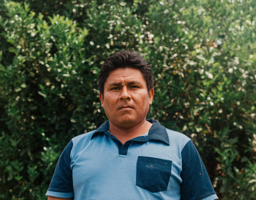
Daniel Quispe
Dionicio Choque
Dionicio Surco
Gonzalo Mamani
Gonzalo Mamani
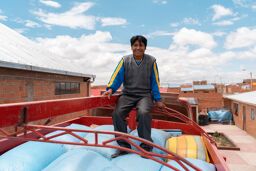
Juan Carlos Huanca
Mery Canaviri
Nilda Viza
Santiago Mamani
Gober Mamani
Hernesto Mamani
Jeivert Pañuni Hernandez
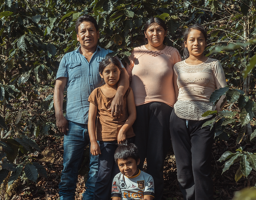
Juana Garcia
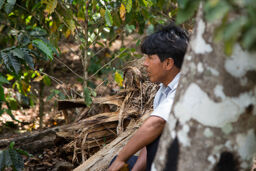
Nicolas Colque
Victor Kalla
Coffees product in Bolivia
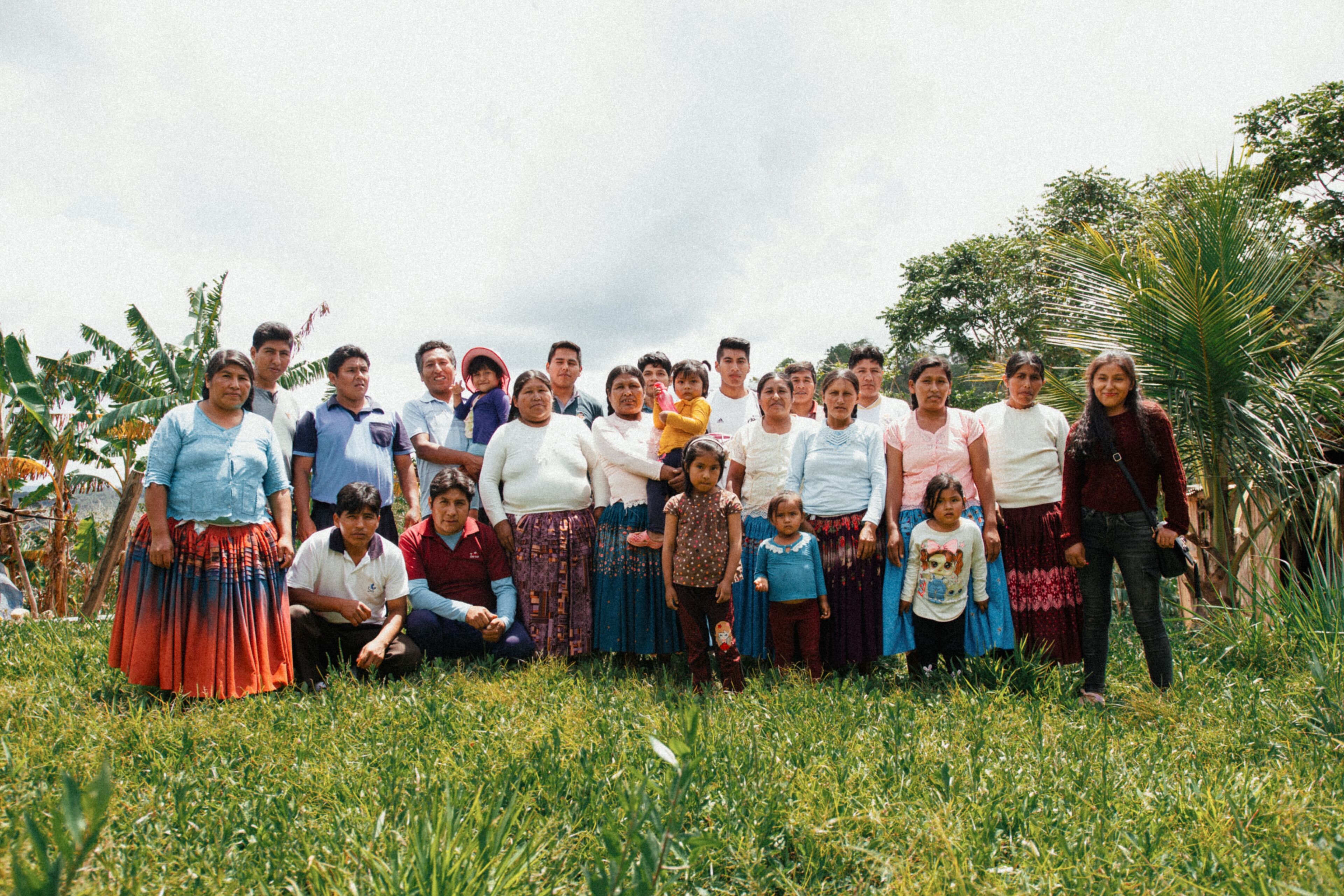
Together they want to defend the role of women in Bolivia
This coffee is the result of a solidarity project

